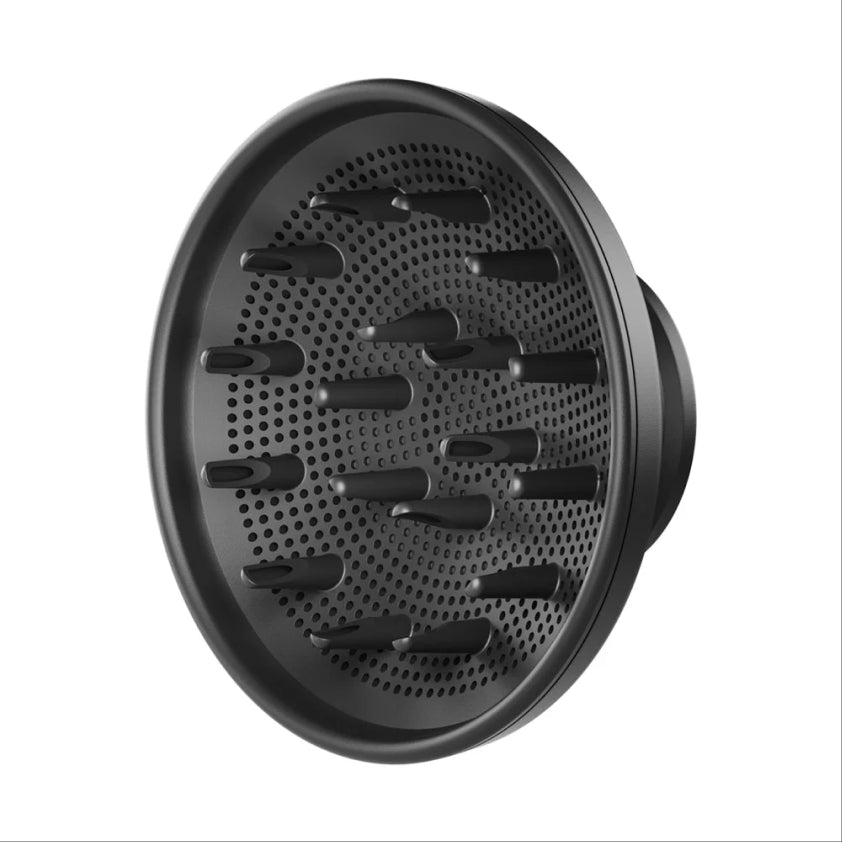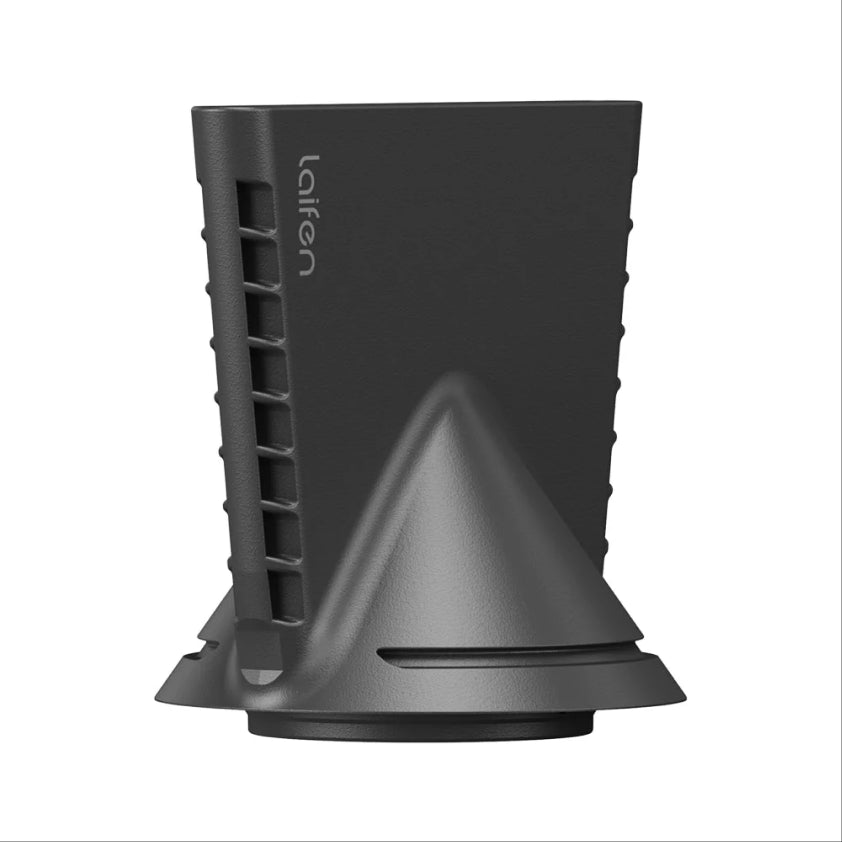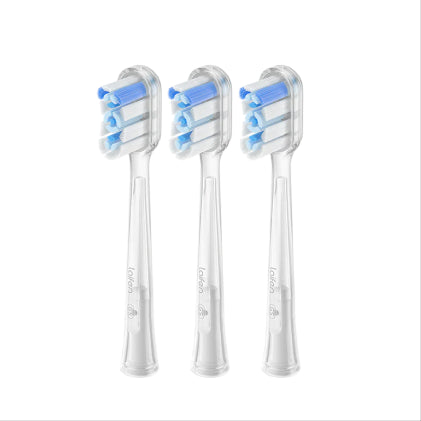
In this article
Buying a hair dryer can be a challenging task, especially when faced with a wide array of options and technologies. Whether you’re looking for a luxury model or a more budget-friendly option, understanding the different types and their pros and cons is essential. This guide covers what to look for when buying a hair dryer, detailed purchase tips, and recommendations for models featuring ionic technology.
Buying a Hair Dryer? Key Features to Consider

When purchasing a hair dryer, several key factors should be considered to ensure the device meets your needs:
Performance
Hair dryer power is measured in watts. A higher wattage generally means more powerful airflow and faster drying times. For everyday use, a dryer with 1600 to 2000 watts is typically sufficient. For intensive use or professional settings, more powerful models may be advantageous.
Ionic Technology
Hair dryers with ionic technology are particularly recommended, as they help reduce frizz and enhance shine. This technology generates negative ions to neutralize the positive ions in water, which results in faster drying and smoother hair.
Temperature and Speed Settings
A quality model should offer multiple temperature and speed settings, allowing you to adjust the heat and airflow to suit your hair type and styling preferences.
Accessories
A diffuser is especially useful for curly or wavy hair, as it helps define natural curls without damaging them. A concentrator nozzle is ideal for targeted styling and creating a sleek, shiny finish.
Ergonomics and Weight
Since blow-drying can sometimes take longer, it’s important for the device to feel comfortable in your hand and not be overly heavy. Ergonomic design can significantly enhance comfort during styling sessions.
Buying a Hair Dryer? Choosing the Right Model for Your Hair Goals

There are various types of hair dryers, each with unique benefits:
-
Standard Hair Dryers
Ideal for everyday use, standard hair dryers provide a good balance between performance and price. They are generally easy to use and suitable for most hair types, making them versatile for daily styling. -
Ionic Hair Dryers
Ionic dryers are particularly suited for those with stubborn or curly hair. The ionic technology helps smooth hair texture and reduce static, making hair shinier and less frizzy. This type is excellent for managing frizz and achieving a sleek finish. -
Travel Hair Dryers
Compact and foldable models are perfect for on-the-go use. While they may offer less power than full-sized models, they’re great for traveling and occasional styling. -
Professional Hair Dryers
These powerful devices often come with additional features like multiple heat settings and higher airflow, making them ideal for frequent use and salon-quality results. Professional dryers work well for thick or long hair that requires higher power to dry efficiently.
Selecting the right type of hair dryer depends on your hair’s needs and styling habits. For fine or easily styled hair, a standard model might suffice. For thick, curly, or frizz-prone hair, an ionic or professional model may be more beneficial, while a travel dryer is best for those needing portability.
How Much Should You Spend on a Hair Dryer?
When buying a good hair dryer, you can expect prices to vary widely based on brand, technology, and features. Here’s a general price guide:

Entry-Level Models
Priced between €30 and €60, these offer basic functions and are suitable for occasional use.
Mid-Range Models
Ranging from €60 to €120, these dryers often include added features like ionic technology and multiple attachments, providing better value and performance for regular use.
High-End Models
Priced around €120 and above, professional-grade hair dryers impress with advanced performance, durability, and extra features. Ideal for frequent use, they offer higher power and improved results.
Investing according to your needs—occasional, regular, or professional styling—can help you get the best value for your hair type and styling preferences.
Buying a Hair Dryer with a Diffuser
For those with curly or wavy hair, a diffuser attachment is essential, helping to define curls and reduce frizz by evenly distributing air. Here are some key points to consider when purchasing a hair dryer with a diffuser:
-
Compatibility: Ensure that the diffuser is compatible with the specific hair dryer model. Many brands offer diffusers as optional attachments.
-
Size and Shape: Larger diffusers can dry more hair at once, making them ideal for long or thick hair. The shape also influences how evenly air is distributed.
-
Material: Choose a diffuser made from heat-resistant materials to ensure durability.
Buying a Hair Dryer with Ionic Technology

Many modern dryers feature ionic technology, which uses negative ions to speed up drying time while reducing frizz. The Laifen SE is an excellent example of a hair dryer that incorporates this technology:
Features of Laifen SE:
- Quick Drying: High-speed technology allows for faster drying times.
- Ionic Technology: Reduces frizz and leaves hair smoother.
- Powerful Motor: Delivers efficient, rapid drying.
- Ergonomic Design: Comfortable grip to reduce styling fatigue.
This combination of features makes the Laifen SE a great choice for efficient styling and maintaining healthy hair texture.
Differences Between Ionic Hair Dryers and Regular Hair Dryers
Ionic hair dryers emit negative ions that help neutralize the positive ions in water, reducing frizz and static and leaving hair smoother and shinier. Regular hair dryers lack this technology, making hair more prone to dryness and frizz.
A Buyer’s Checklist: Tips for Buying a Hair Dryer
-
Consider Your Needs:
Before purchasing a hair dryer, identify the features most important to you. Do you need specific attachments like a diffuser or concentrator nozzle? Is quick drying essential for you? Or do you value additional features such as ionic technology? Answering these questions will help you make the best choice. -
Check Reviews and User Experiences:
Feedback from other buyers can provide valuable insights into the quality and performance of a hair dryer. Look at customer reviews on various retail platforms, paying attention to frequently mentioned pros and cons. -
Look for Warranty and Customer Support:
A quality hair dryer should come with a reasonable warranty to cover you in case of any defects. Additionally, check the manufacturer’s customer service rating to ensure support is available if needed. -
Test the Device if Possible:
If you can test a hair dryer before purchasing, take the opportunity to evaluate its weight, ease of use, and noise level. -
Compare Prices:
Hair dryer prices can vary widely. Compare offers from different retailers to find the best value. Don’t forget to consider potential discounts or special promotions.
These tips will help ensure you select a high-quality dryer that meets your styling needs while providing long-term reliability.
Conclusion
When purchasing a hair dryer, consider your hair type and styling needs. Whether you choose an ionic model, one with a diffuser, or a budget-friendly option, ensure it suits your needs and achieves your desired look. For those who prioritize fast drying and smooth results, the Laifen SE high-speed dryer is an excellent choice. Prioritize quality and value, and consider investing in a dryer that will last for years.
FAQ on Hair Dryers
Q1: How Often Should I Clean My Hair Dryer?
The filter should be cleaned every few weeks or as needed, depending on your usage frequency. Attachments should also be checked and cleaned regularly.
Q2: Can I Use a Hair Dryer in Humid Weather?
Yes, you can use a hair dryer in humid weather. Ionic technology can even help reduce frizz caused by high humidity. However, store the dryer in a dry place to prevent electrical damage.
Q3: How Long Does It Take to Dry Hair with a Hair Dryer?
Drying time depends on the dryer’s power and hair type. High-power dryers can dry hair in minutes, while lower-powered ones may take longer. Ionic technology can also reduce drying time.
Q4: What Should I Do If My Hair Dryer Stops Working?
If your dryer stops working, check the cord and plug for any damage and ensure the filter is clean. If the issue persists, contact customer support or have a professional inspect it.































